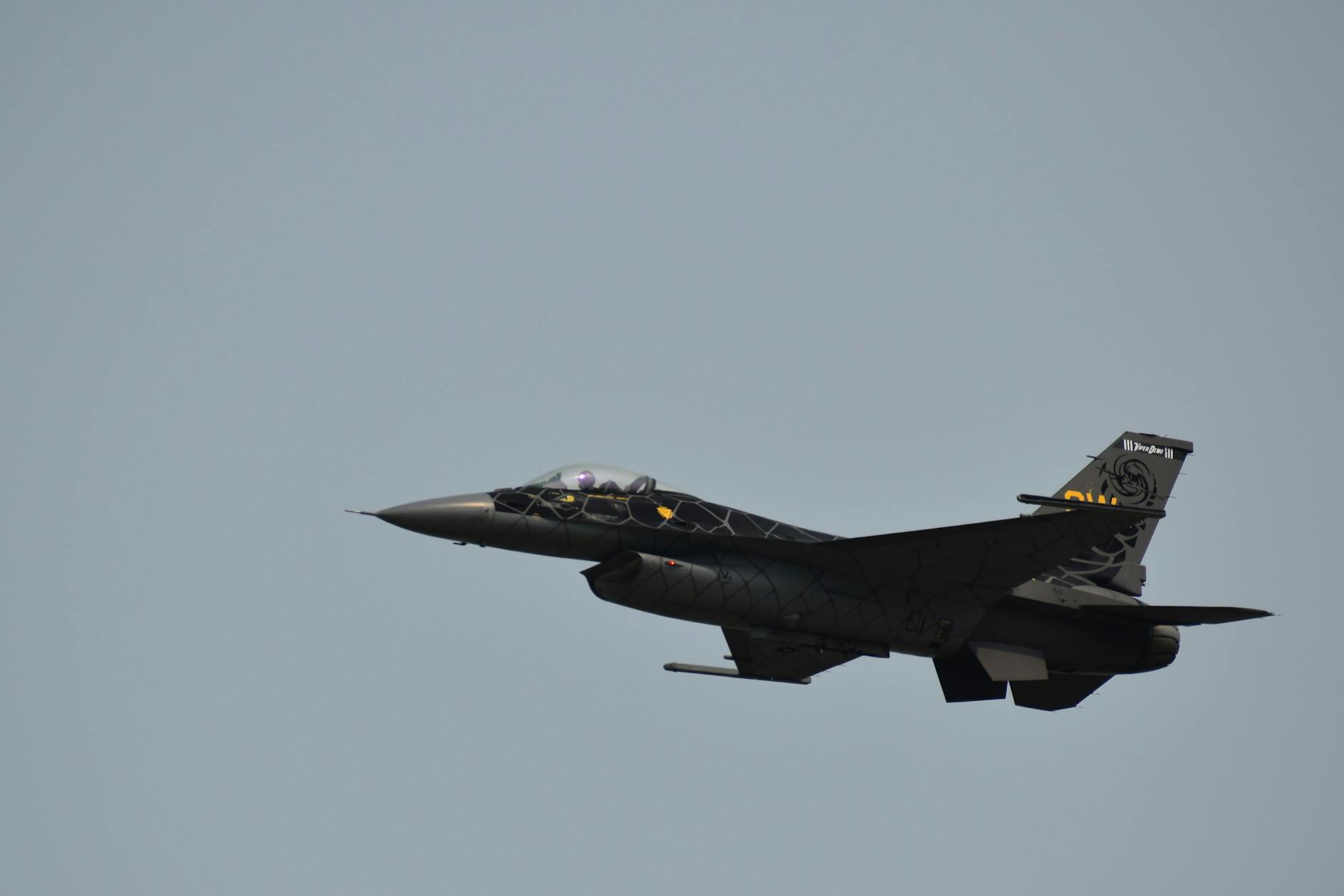In a striking move that underscores Europe's rising focus on technological sovereignty, Finnish startup NestAI, in collaboration with Nokia, has secured a considerable €100 million investment. The funds are earmarked for pioneering AI technologies specifically designed for the defense sector, addressing an increasingly scrutinized area of national security intensified by ongoing geopolitical tensions. This funding round, led by Finland's sovereign fund Tesi and hardware giant Nokia, aims to accelerate the development of AI in unmanned vehicles and command control systems-a venture that could significantly alter the strategic defense landscape across Europe.
The collaboration between NestAI and Nokia is poised to craft what could become Europe’s leading physical AI lab, as stated by NestAI's co-founder Peter Sarlin during the Slush 2025 technology conference in Helsinki. Sarlin, who isn't new to the AI arena having previously sold Silo AI to AMD for $665 million, brings a wealth of experience and a clear vision to this venture. Sarlin's efforts are not just in developing cutting-edge technology but also in bolstering Europe's autonomy in defense capabilities amidst the prolonged Ukraine-Russia conflict.
Physical AI, which integrates robust language models and AI technologies into tangible, operational robotics and other platforms, is becoming a critical frontier in both commercial and defense applications. NestAI’s approach, particularly in utilizing these advancements for defense, speaks volumes about the strategic priorities of European nations today. Their initiative is not just a business development but aligns closely with national security interests, offering a dual benefit of innovation and enhanced defense mechanisms.
This significant investment also mirrors a broader trend where countries are increasingly viewing technology, especially AI, as an integral element of national defense strategy rather than just an economic asset. The involvement of Nokia, a veteran in communications technology, adds another layer of expertise and assurance that the AI technologies developed will be both advanced and applicable in real-world scenarios.
Moreover, the choice of AI applications in defense by NestAI could set a precedent for how AI can be safely and effectively integrated into national defense strategies, potentially leading to new standards or regulations on AI in defense on a global scale. As European nations continue to navigate the choppy waters of global politics and security, the role of homegrown technologies like those promised by NestAI will undoubtedly be a cornerstone of their strategic autonomy.
Ultimately, NestAI’s recent moves, backed by formidable partners and substantial funding, might just redefine not only the commercial AI landscape but also the geopolitical contours of technology usage in defense across Europe and beyond. As detailed in TechCrunch, such collaborations are not merely business transactions but are pivotal to the broader narrative of technological independence and security in today's interconnected world.



